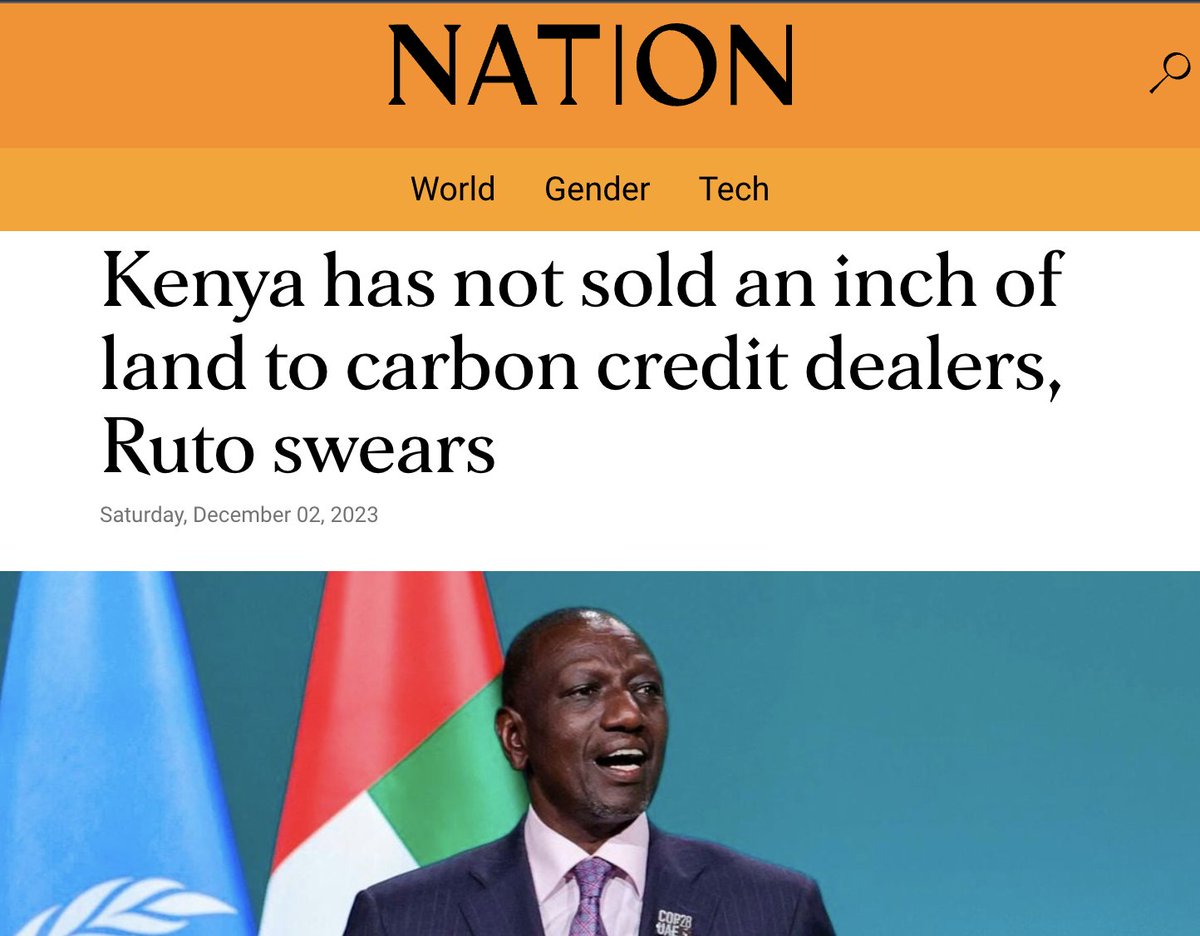@tracyalloway @bronwynwilliams Come on Tracy, I know you are skeptical about MMT, which is fine/healthy in general but you should be better informed now than in March 2019 to RT your original post. Here is a quick thread:
1/ See Odd Lots with @tracyalloway & @TheStalwart: bloomberg.com/news/articles/…
1/ See Odd Lots with @tracyalloway & @TheStalwart: bloomberg.com/news/articles/…
@tracyalloway @bronwynwilliams @TheStalwart 2/ My more recent framing of MMT in the Global South:
3/ A recent open letter on African Economic & Monetary Sovereignty signed by 100s of scholars/activists (many from the Global South): MES-Africa.org via @Mon_Sovereignty
3/ A recent open letter on African Economic & Monetary Sovereignty signed by 100s of scholars/activists (many from the Global South): MES-Africa.org via @Mon_Sovereignty
@tracyalloway @bronwynwilliams @TheStalwart @Mon_Sovereignty 4/ My recent work on a Global Green New Deal framework with Colonial/post-colonial and climate reparations: realprogressives.org/podcast_episod…
5/ Monetary Sovereignty is not something you declare politically, it's something you acquire via strategic policies
5/ Monetary Sovereignty is not something you declare politically, it's something you acquire via strategic policies
@tracyalloway @bronwynwilliams @TheStalwart @Mon_Sovereignty 6/ Reserve currency countries have higher degrees of monetary sovereignty, thus more fiscal spending capacity
7/ Developing countries can acquire more fiscal spending capacity but it cannot happen under the current policy framework. MMT offers a practical alternative
7/ Developing countries can acquire more fiscal spending capacity but it cannot happen under the current policy framework. MMT offers a practical alternative
@tracyalloway @bronwynwilliams @TheStalwart @Mon_Sovereignty 8/ MMTers in the Global South are not waiting for permission from the US empire to build more resilience & acquire higher levels of economic and monetary sovereignty. It's interesting that MMT critics have no "plan to help" and offer no alternative, which means they've given up!?
@tracyalloway @bronwynwilliams @TheStalwart @Mon_Sovereignty 9/ Spending capacity is limited by the risk of inflation, which comes from a/ limited productive capacity (good news it's producible with strategic planning), and b/ abusive market power/corruption (which must be taxed/regulated out of existence via the democratic process).
@tracyalloway @bronwynwilliams @TheStalwart @Mon_Sovereignty 10/ So we have our work cut out for us on fighting corruption, democratizing strategic markets, building (sustainable) food sovereignty, (renewable) energy sovereignty, high-value added industrial development, etc... You're welcome to join the struggle. We can't afford to wait.
• • •
Missing some Tweet in this thread? You can try to
force a refresh










